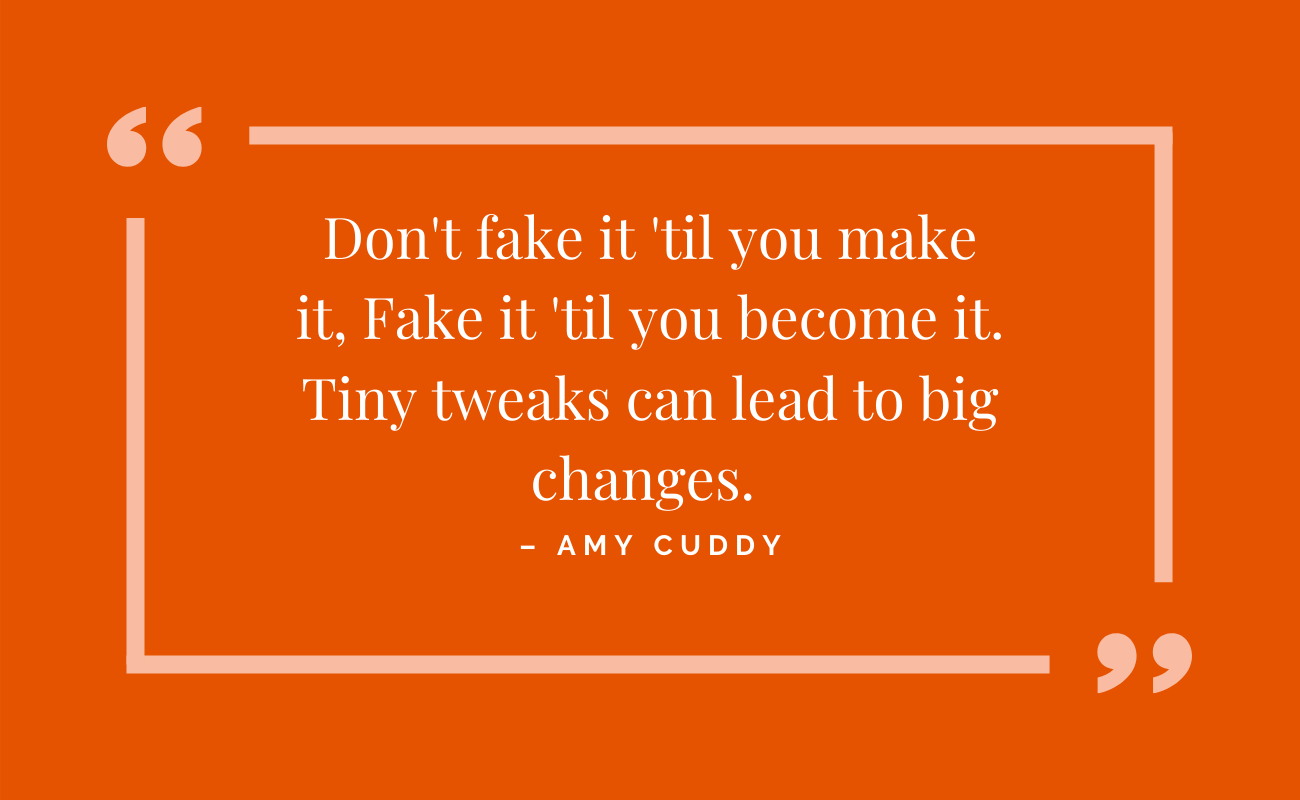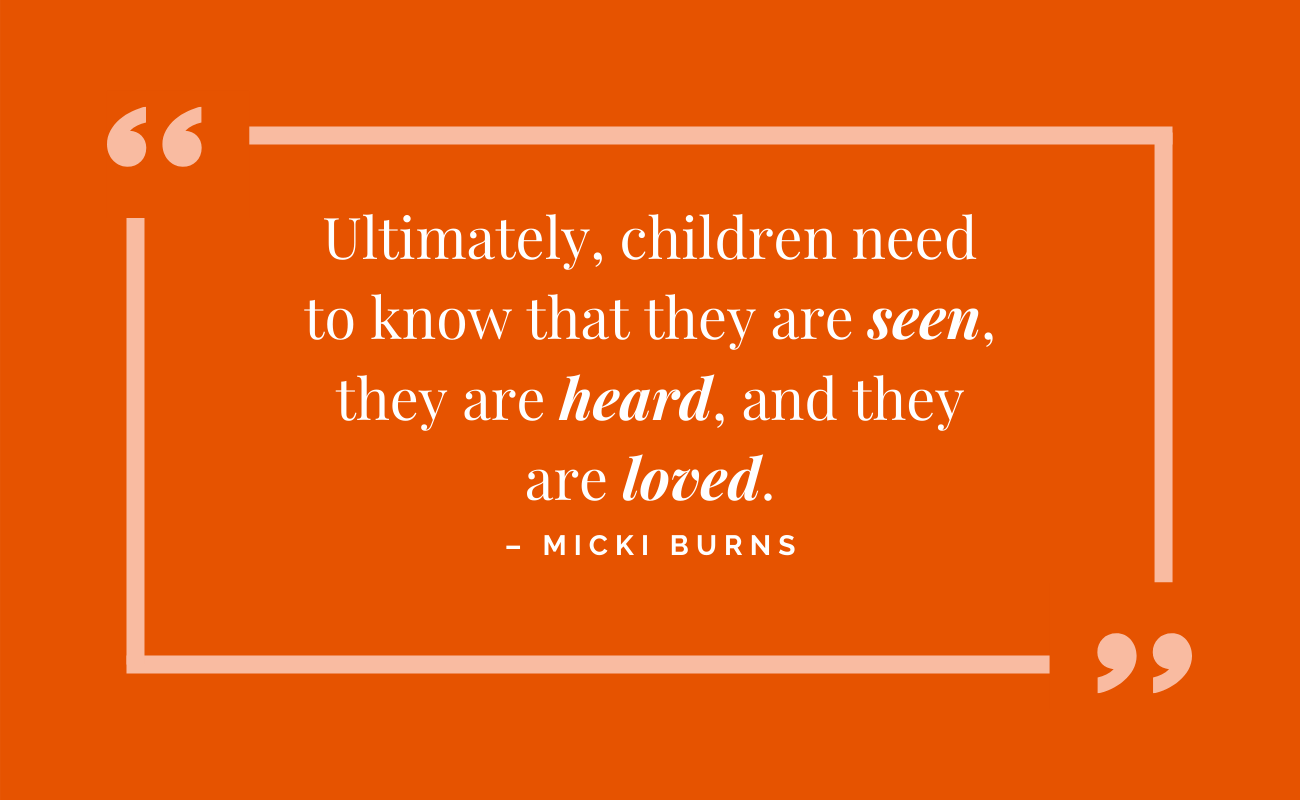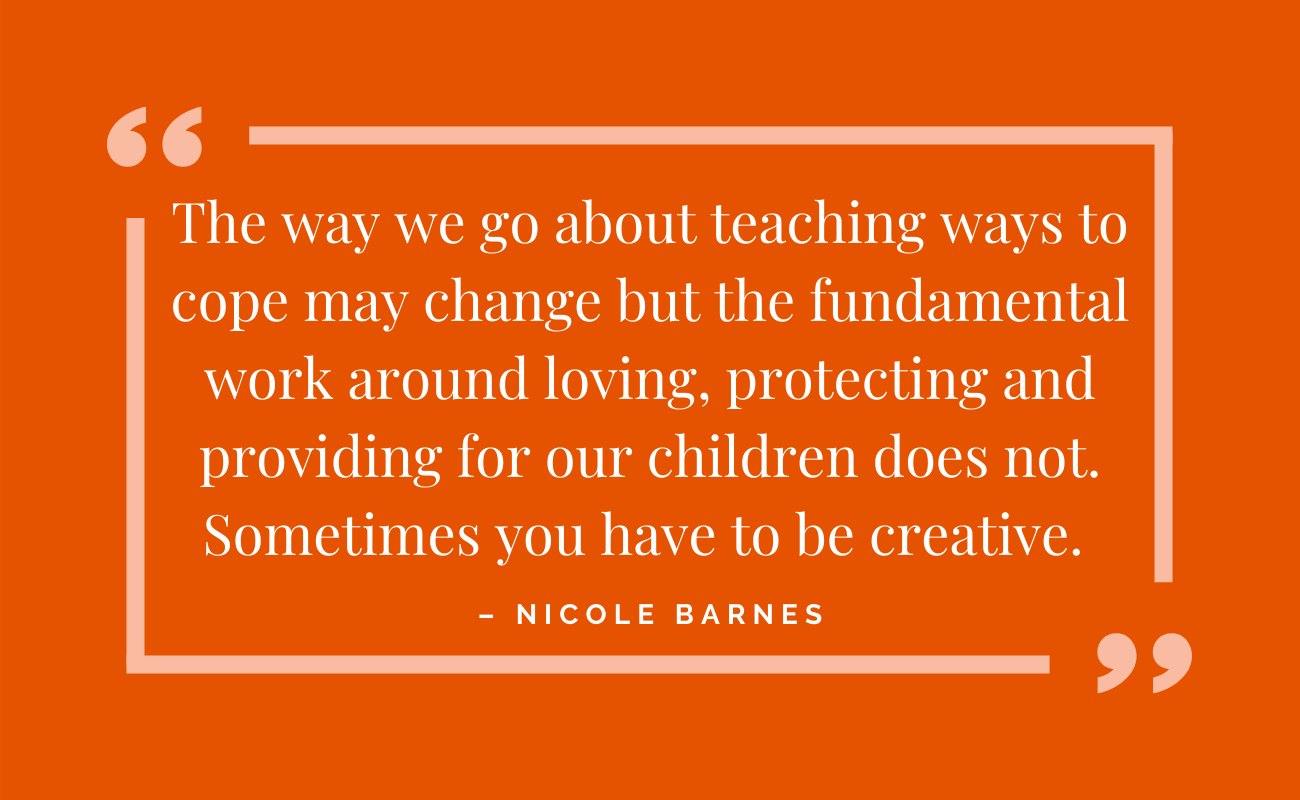Nurturing the Collection of Individual Mindsets
Across the nation, employees, school administrators, teachers, students and parents have experienced a whirlwind of change. A sustained global pandemic, a momentous social justice movement and an intense political storm certainly impact mental health.
We live in a delicately balanced system, one affected by the slightest ripples of chaos. Our individual well-being and mental health can impact our whole environment. Our culture is the collection of the individual mindsets that our employees bring to work. An environment is only as productive, safe and effective as its people. So what can we do to ensure healthier, more resilient mindsets moving forward?
Change our individual mindset to impact the whole.
It all begins on the individual level. Our physical and mental health are two essential pillars that hold us up in life and make the extraordinary possible. Confidence in high-stress situations is critical, especially during a global pandemic. Could something as simple as shifting your body position drastically change your mindset? Dr. Amy Cuddy, social psychologist, bestselling author and award-winning Harvard professor, seems to think it can.
Amy Cuddy recommends:
- Throughout the day, ensure your body language expresses confidence, strength and power. Because as much as our body language impacts people’s perception of us, it can also influence how we perceive ourselves.
- Hold a “high-power pose” for two minutes before entering a new situation in which you experience feelings of discomfort, high pressure or vulnerability. A high-power pose could be the Wonderwoman – hands on your hips, chin up and legs spread shoulder-width apart. It could be standing at a table and placing both hands firmly on it.
- Avoid low-power poses such as folding your arms over your chest, making yourself smaller or touching your neck. Avoid priming yourself with a lack of power.
- When you feel insecure, nervous or unsure, Amy Cuddy says, “Don’t fake it ‘til you make it. Fake it ‘til you become it. Tiny tweaks can lead to big changes.”

Recognize that external factors matter.
Many of our employees are also parents. They experience the rollercoaster of emotions within parenthood that spark additional worries and anxieties. Our employees worry about their mindsets and mental health in addition to that of their kids and their family. When challenges at home arise, we know that it becomes ultimately harder to focus on your work and your individual mindset. As a parent, you may notice when you or your child may need extra help. Do you know where to turn or what extra resources may be helpful?
Check out your local school district website. It may have resources available for families and children who perhaps need additional support. Schools are a great place to find comfort.
- Princeton Public Schools is an excellent example of a district providing their families a Family Resources hub. Students and their loved ones can find manageable solutions and comfortable starting points to address mental health.
Acknowledge the trauma and loss.
We are living through a traumatic period. Emotions demand to be felt, even if we try to bury them, and grief is no exception. In the article, Grief Interrupted, licensed psychologist Micki Burns recommends “allow space for all the cognitive, emotional, somatic and behavioral grief reactions.” Acknowledging emotions of grief creates room for self-compassion to exist.

This year, students had to adapt quickly to the ever-changing landscape around them and learn to cope in new ways. Nicole Barnes from Park Nicollet’s Growing Through Grief program says, “Kids are confronted with reality right now. And it’s a reality they’ve never been exposed to before. Children and teens thrive off of predictable schedule patterns. So, when there’s a lot of change it can throw people off.”
Moving forward, she recommends, “Adults need to bring calm and caring love during this time of constant change. So that children can continue to do what they do so well – adapt and continue to thrive, learn and contribute to our communities.”
Amid all the challenges in the world and the many roles we play—as family members, friends, co-workers, neighbors, caretakers and communicators or leaders — we need to grant ourselves and others patience and grace. Attending to our mindset and practicing self-care are key the finding the resilience required during this unprecedented time.
Published on: February 3, 2021
